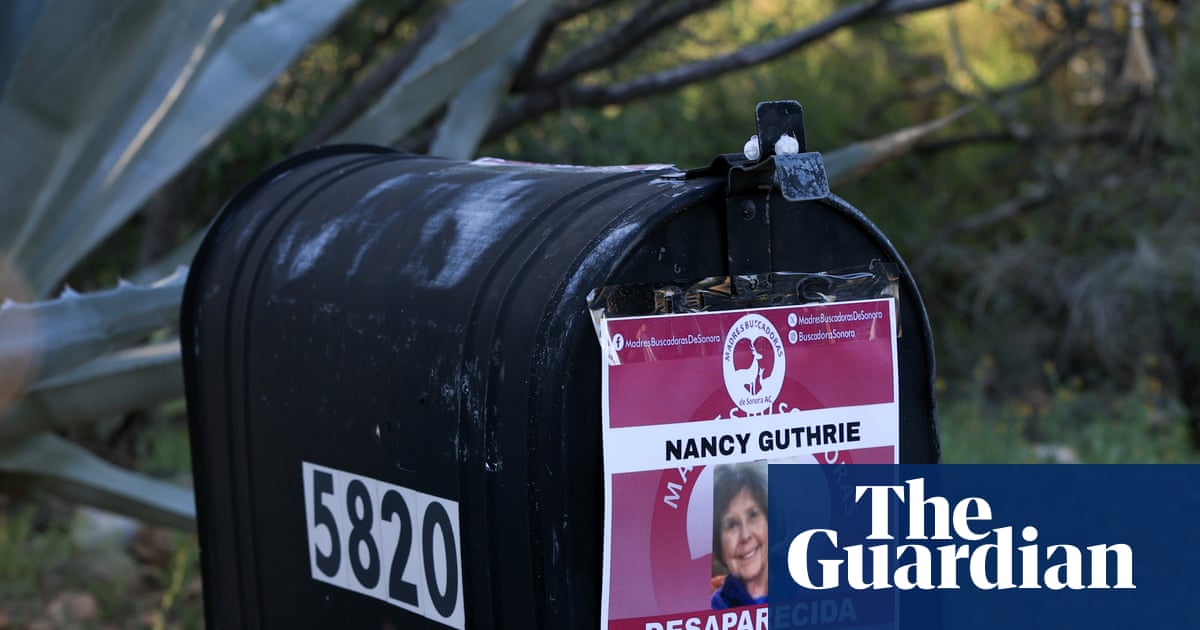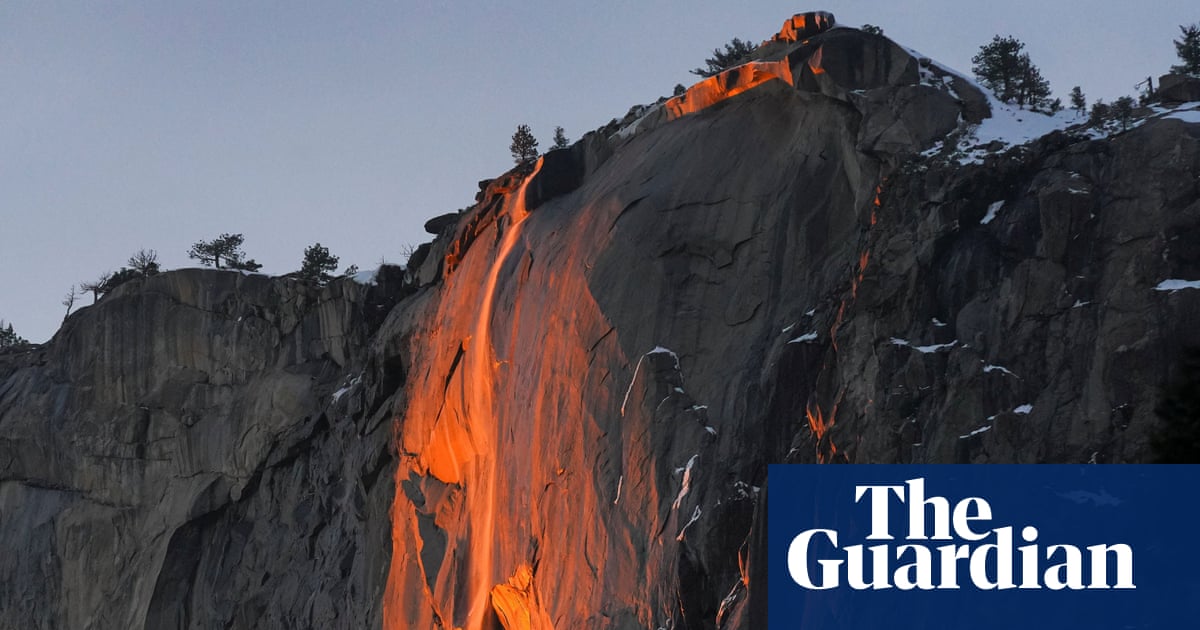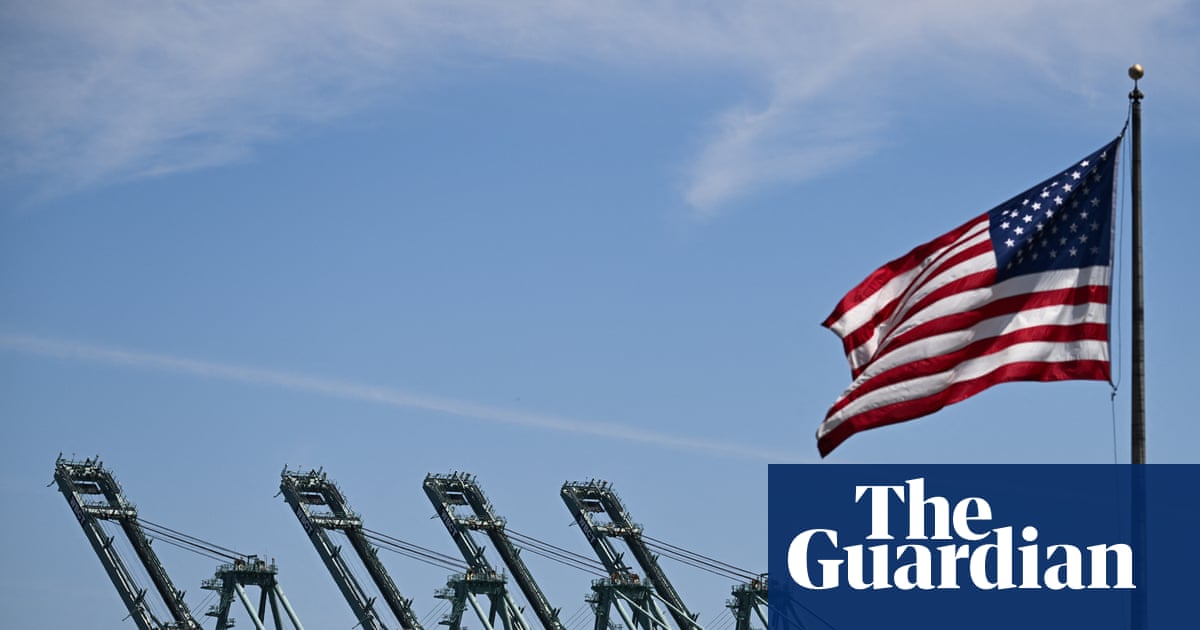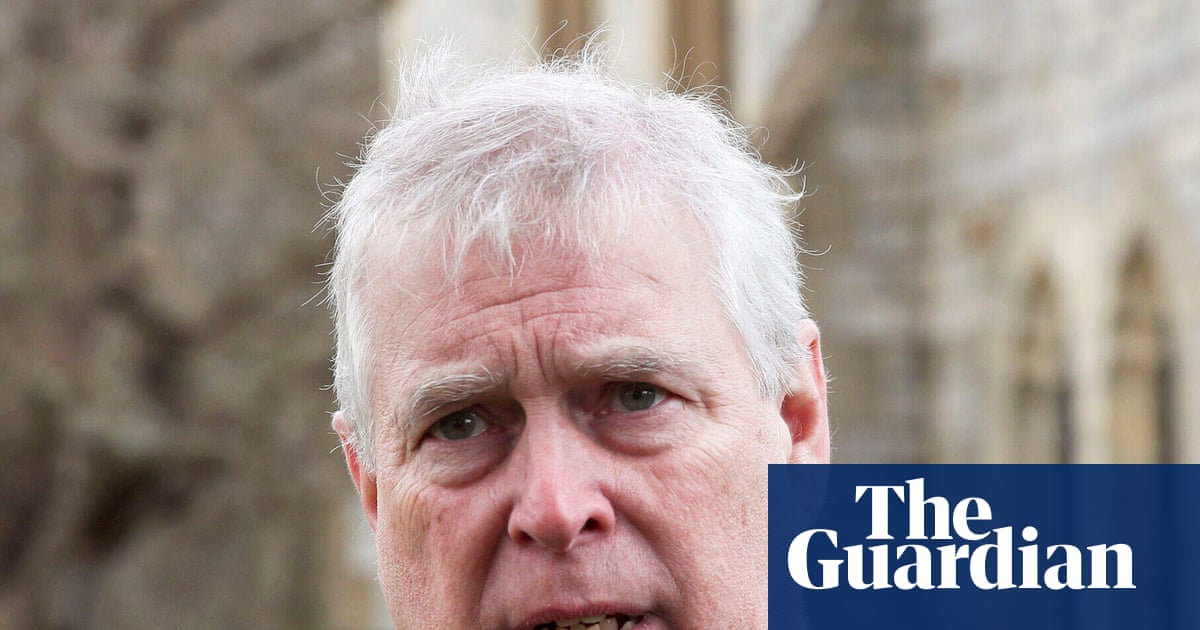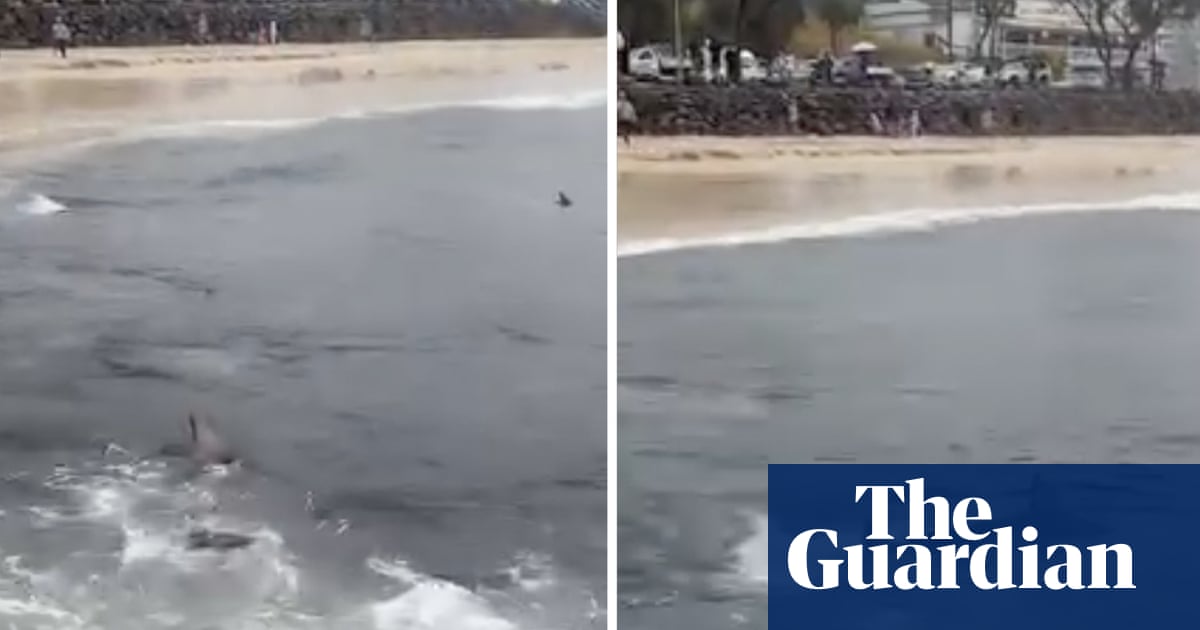State governments could be given expanded powers to make decisions on fossil fuel developments under Labor’s proposed overhaul of environment law, prompting “shock and anger” from community-based conservation organisations that fear nature protection would be weakened.
The Albanese government plans to introduce its planned changes to the national law – the Environment Protection and Biodiversity Conservation (EPBC) Act – to parliament later this week, and has been briefing interest groups on its plans.
Extracts of legislation seen by Guardian Australia show it includes provisions for state and territory governments that receive federal accreditation to make decisions about large coalmining and unconventional gas projects that affect groundwater reserves or waterways.
The federal government has had explicit responsibility for decisions on fossil fuel developments that affect water resources since 2013, when the Gillard Labor government introduced what is known as the “water trigger” at the behest of the independent MP Tony Windsor.
Thirteen environment organisations including groups based in Darwin, central Australia, the Kimberley and far north Queensland criticised the proposed change to the water trigger, and the government’s plan to use the law to sign bilateral agreements with the states to “streamline” environmental decision-making.
They said it could leave decisions in the hands of jurisdictions that have taken steps to reduce conservation laws, such as Queensland and the Northern Territory, or have weak lobbying rules.
Sign up: AU Breaking News email
The Lock the Gate Alliance’s national coordinator, Carmel Flint, said a “wholesale handback of environmental decision-making to state governments” could lead to rural communities, farmers and traditional owners being “railroaded by corporate giants, whether it’s for coalmining or renewables or critical minerals”.
“This has been sprung on the Australian people without public consultation, even as big corporations have been in close discussions with the federal government for months,” Flint said. “It’s a betrayal of Australians who depend on the government to protect our natural resources.”
The Queensland Conservation Council’s director, Dave Copeman, said most major environmental campaigns that had “secured wins for nature” this century had relied on “some form of federal accountability under the EPBC Act”.
“The Queensland LNP government just jammed through laws exempting planning decisions on Olympic venues from all Queensland environmental and cultural heritage laws. There’s no way they could be trusted with EPBC decision-making,” he said.
Labor’s promise to overhaul the EPBC Act follows widespread criticism that the law was failing to protect nature and leading to long delays in approval decisions on industrial and other developments.
Watt has said both concerns could be addressed. He has promised an accreditation process for states and territories to make decisions, and the introduction of consistent national environment standards against which proposals would be measured.
Responding to the criticisms, Watt said the new legislation was “long overdue” and would improve federal environment law. He said changes to reduce duplication in development assessment between federal and state process had been recommended by the former consumer watchdog Graeme Samuel in his 2020 review of the EPBC Act, and backed by many environment organisations.
“I would encourage those groups [critical of the legislation] to read the full bill when it is introduced into the parliament,” Watt said.
The minister presented the legislation to Labor MPs on Tuesday. He told caucus he would prefer not to change the proposed legislation to get it through parliament, but the Coalition and Greens were being lobbied by business interests and environment groups.
The extracts of draft legislation show there would be exceptions to promised conservation zones, sometimes described as “no go zones”, in which development is not supposed to be allowed.
As reported on Monday, they also include a provision giving the environment minister power to approve projects at odds with nature laws if it was deemed in the “national interest”.
Other extracts circulated on Monday outline the powers of the proposed national environment protection agency. The minister would retain approval powers but delegate many decisions to officials inside the nature watchdog.
The new laws would allow the minister to issue “protection statements” to clarify what decision-makers must consider in order to protect threatened species or ecological communities.
Speaking with the ABC’s RN Breakfast on Tuesday, the Greens leader, Larissa Waters, said the proposed law was “written for big business”. She said she expected Watt to do a deal with the Coalition to pass it through parliament.
“The Greens want to see environment laws that work for nature, protect communities’ rights, and actually don’t see coal and gas and logging fast-tracked unabated. We’re willing to talk to government about that,” she said.

 3 months ago
73
3 months ago
73

